Election 2020: The December 19th Debate
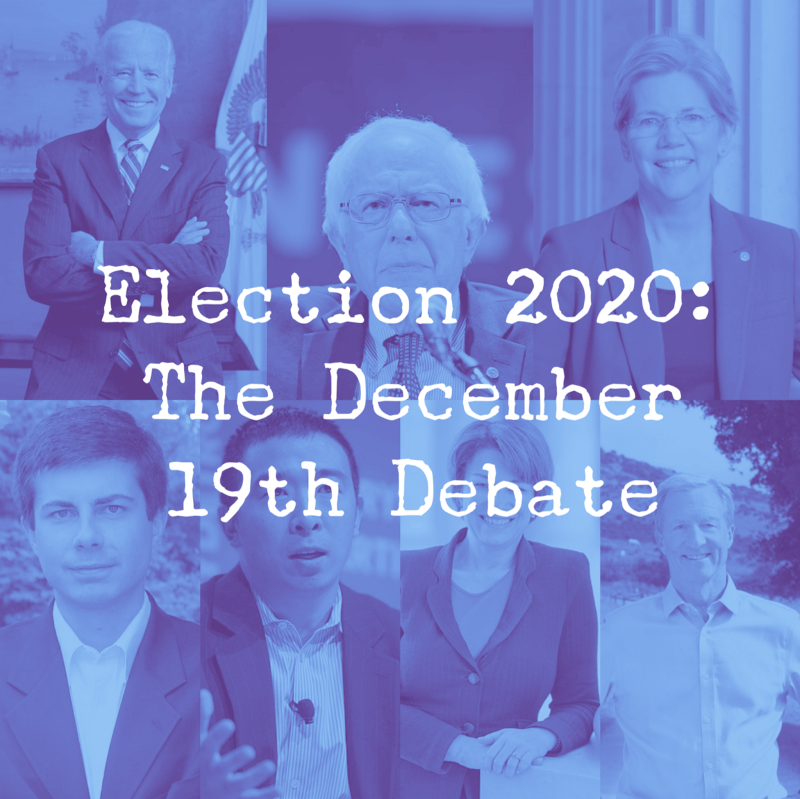
Previous Debates: June 26 | June 27 | July 30 | July 31 | September 12 | October 15 | November 20
With barely two months to go until the Iowa Caucus, the Democratic Primary field has been in flux. Since last time, Governor Steve Bullock, who has not debated since July, dropped out of the race. California Senator Kamala Harris, who has been a top 5 candidate for much of the year, surprisingly also dropped out despite qualifying for tonight’s debate. Meanwhile, former New York mayor Michael Bloomberg declared his candidacy, and is currently occupying Senator Harris’s former position in the polls. On top of all this, President Donald J. Trump was officially impeached last night, becoming the 3rd president in history with that distinction.
Tonight is the December debate, and the final of 2019. Similar to November, the event will be a single night, but this time only seven candidates qualified. To qualify for this debate, candidates had to reach four percent support in four separate polls — or six percent in at least two polls from one the first four primary states of Iowa, New Hampshire, South Carolina, and Nevada (repeats are allowed). They also had to meet a grassroots fundraising threshold of 200,000 people (with a floor of 800 unique donors) in at least 20 states.
The following candidate list is for the December 19th debate. Note: While previous poll numbers were exclusively from RealClearPolitics (RCP), this week I will begin incorporating polls from The Economist (Econ) and FiveThirtyEight (538) with the average of the three in parentheses. All polls recorded Monday, December 16, 2019.
Joe Biden (26.2%)
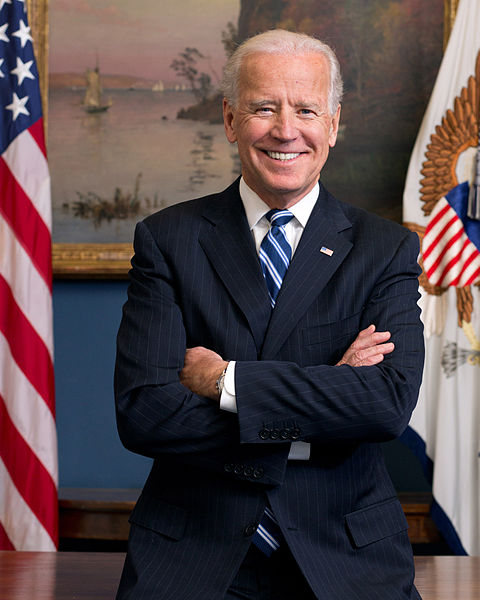
RCP: 27.3% | Econ: 25.2% | 538: 26.2% | AVG: 26.2%
Former Vice President Joe Biden has continued his polling lead through all of the debates. Despite continued controversy, he’s never fallen out of the top two spots, and has fully recovered from Senator Elizabeth Warren’s temporary rise last quarter. Sure, his senior Latina adviser quit, but at least he walked back his stance on marijuana as a “gateway drug,” right?
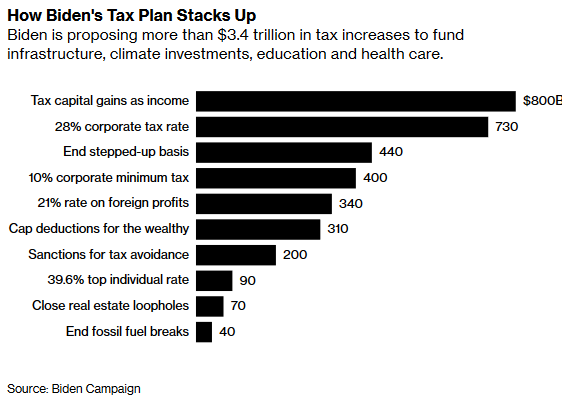
Since the November debate, the former Delaware senator released a new tax plan. He’s proposed roughly $3.4 trillion in taxes, including a 28% corporate tax rate (with a 10% corporate minimum tax), 21% tax on foreign profits, and a 39.6% top individual rate. Aside from this, Biden’s plan aims to place sanctions on nations used as tax havens, tax capital gains as income, and close real estate loopholes, among other things. The former vice president also released a new immigration plan, vowing to end the “cruel and senseless” policies of the Trump Administration, reinstate DACA, and ensure that ICE and CBP “abide by professional standards and are held accountable for inhumane treatment.” He also pledged to “modernize” the current immigration system, aiming to create a “roadmap to citizenship” and increase incentives & opportunities for legal immigration; to improve border screening; and to “tackle the root causes of irregular migration.”
Pete Buttigieg (9.6%)
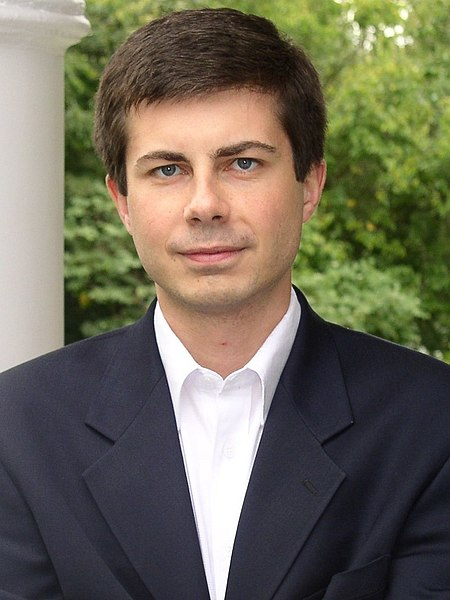
RCP: 9.2% | Econ: 10.0% | 538: 9.6% | AVG: 9.6%
South Bend Indiana Mayor Pete Buttigieg has been a bit of a contender these days. He’s been ruthless in the last few debates, getting into the mud with the likes of Beto O’Rourke, Tulsi Gabbard, and Elizabeth Warren. He had a polling surge in Iowa, and took the scrutiny that came with it. For example, after news broke of him receiving donations from the lawyers of Supreme Court Justice Brett Kavanaugh, Mayor Pete refunded them.
Since last debate, the Rhodes scholar proposed a “public option 401(k)” program, that would require employers to offer the option to employees who “don’t already have a pension, defined-contribution plan with ‘a sizeable employer match,’ or an ‘otherwise successful and generous retirement package,’ “ per Investment News. It also requires employers to match 3% for participating employees. Buttigieg also released a healthcare equity plan, pledging to create a National Health Equity Strategy Task Force to develop said “Equity Strategy,” to create “Health Equity Zones” out of areas with “significant health disparities,” and set health equity standards in federal insurance programs.
Amy Klobuchar (3.0%)
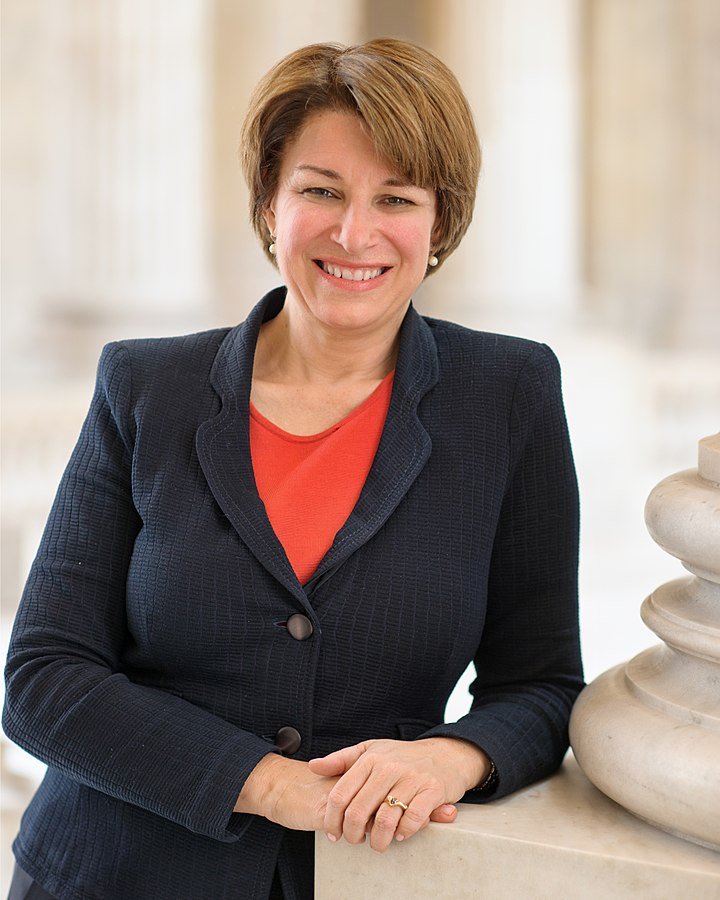
RCP: 3.1% | Econ: 3.5% | 538: 2.5% | AVG: 3.0%
Minnesota Senator Amy Klobuchar is on the upswing. As one of the few remaining moderate candidates in the race, she seems to be making a push to February with full confidence. She seems to be gaining momentum in Iowa, too.
Since November, Senator Klobuchar released a new plan addressing national service, pledging to invest in AmeriCorps by adding more positions (it’s currently at 75,000), increasing members’ living allowances and education bonuses, and making said bonuses tax free. On top of this, the Minnesota senator proposes a new “Climate Civilian Conservation Corps” AmeriCorps branch of at least 50,000, and to further expand the National Volunteer Care Corps. She also pledged to reverse President Trump’s abortion policies in her first 100 days if elected.
Bernie Sanders (17.8%)
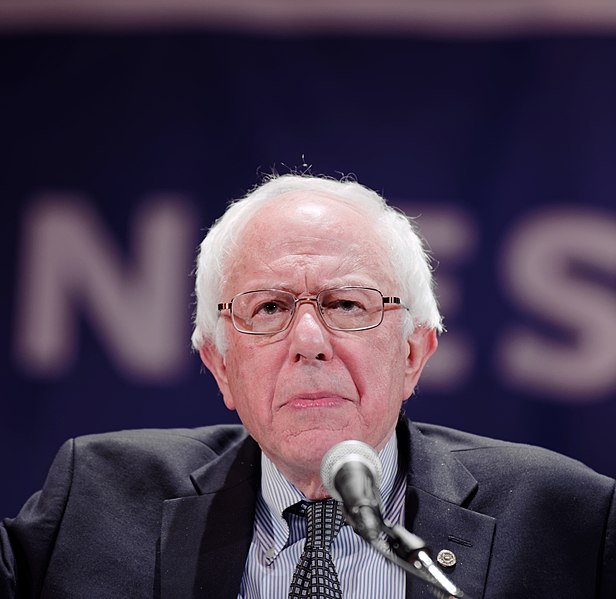
RCP: 19.4% | Econ: 16.4% | 538: 17.6% | AVG: 17.8%
Senator Bernie Sanders is back in second place after Senator Elizabeth Warren’s polling nose dive. He’s been gaining a lot of celebrity support, from Ariana Grande to Cardi B. But that doesn’t come without controversy, like his now-retracted endorsement of Young Turks host Cenk Uygur or his working to save 42 MLB minor league teams, injecting himself into the League’s labor dispute.
Since last debate, Senator Sanders announced a $150 billion plan to make the internet a utility, pledging $150 billion in grants and technical assistance for states and communities to develop “democratically controlled, co-operative, or open access broadband networks.” His plan declares his intention to “bar service providers from also providing content and unwind anticompetitive vertical conglomerates” as well. The Vermont senator also unveiled MSIs, pledging to “make all public and private HBCUs, tribal colleges, and many MSIs tuition-free”; “invest $10 billion to create and expand HBCU medical, dental, and teacher training graduate programs”; and “invest $5 billion in HBCU infrastructure grants and cancel all institutional HBCU loan debt from the Capital Financing Program.” Sanders’ plan also proposes to “double Title III and Title V funds to decrease the funding gap between HBCUs and MSIs and predominantly white institutions.”
Tom Steyer (1.1%)
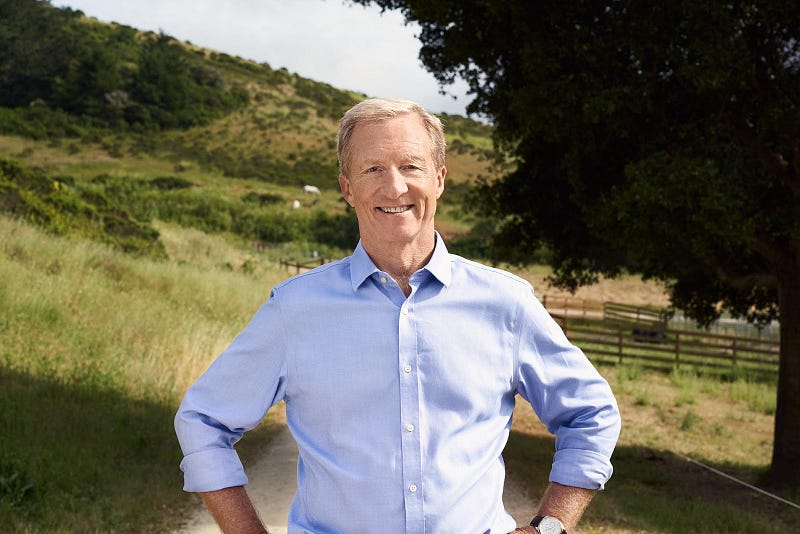
RCP: 1.3% | Econ: 0.8% | 538: 1.3% | AVG: 1.1%
Billionaire entrepreneur/philanthropist Tom Steyer, founder of Need to Impeach, is likely ecstatic with last night’s impeachment vote in the House of Representatives. While he’s not polling super high (or, at all, really), he’s been one of the more spirited campaigners. He’s not spending Bloomberg levels of money, but he’s pretty close!
Since the November debate, Mr. Steyer unveiled his $125 billion plan to invest in HBCUs, pledging $35 billion in the first year and $10 billion per year onwards, for ten years. This plan would establish an HBCU Board of Regents and HBCU Centers for Innovation, with the former focusing on independent decision making and the latter on STEM, medical, and business training programs, among others.
Elizabeth Warren (15.6%)
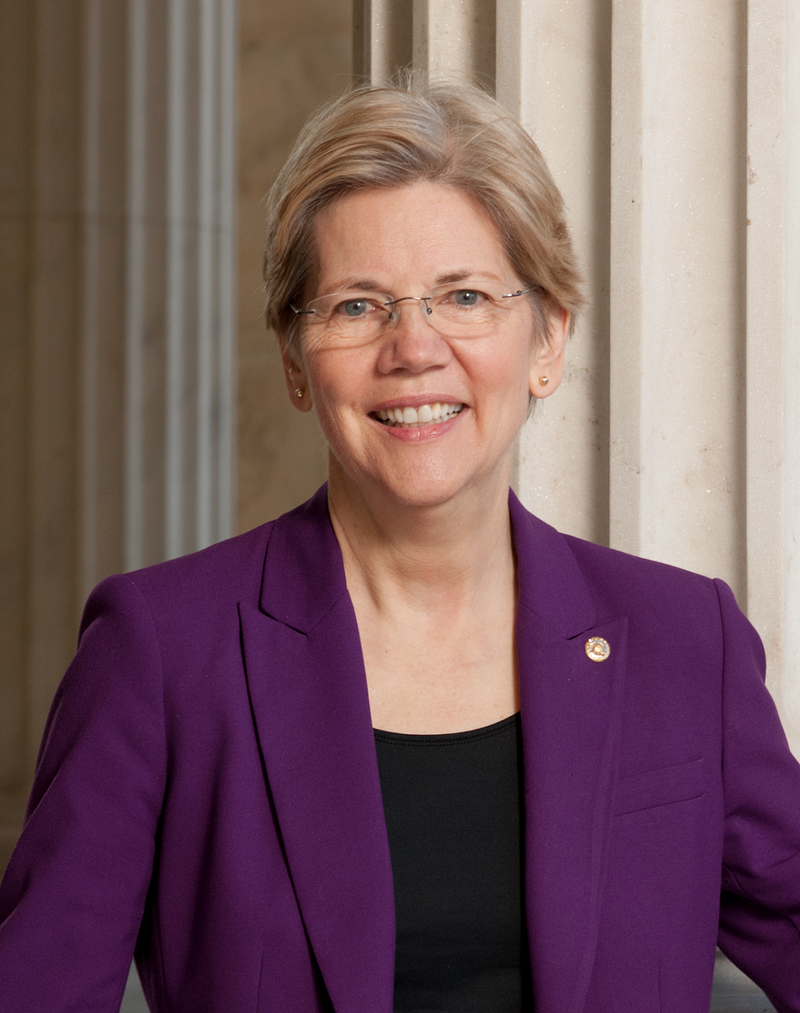
RCP: 16.1% | Econ: 15.7% | 538: 15.1% | AVG: 15.6%
Massachusetts Senator Elizabeth Warren has taken a serious hit to her poll numbers since the last debate. While she has seemingly had a plan for everything, she did not seem prepared for the backlash to her Medicare for All proposal. At least she solved an escape room with Desus & Mero? Or perhaps she’ll have a plan to recover from the heat of November.
Since last debate, the Massachusetts senator introduced a bill to protect part-time workers, requiring large employers to offer more hours to existing employees before hiring new employees or subcontractors. The bill also makes part-time workers eligible for pension and family & medical leave.
Andrew Yang (3.6%)
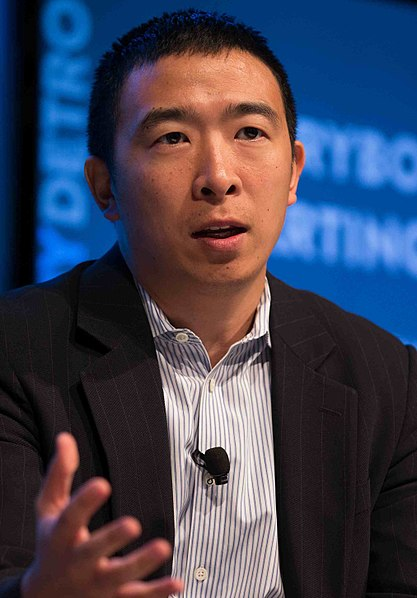
RCP: 3.4% | Econ: 4.0% | 538: 3.5% | AVG: 3.6%
Andrew Yang has outlasted Congressman Beto O’Rourke and Senator Kamala Harris, continues to out-poll Senator Cory Booker, and still contends with Mayor Pete Buttigieg. When he wasn’t beefing with MSNBC, he was releasing his tax returns and being an overall wholesome candidate.
Since last debate, Mr. Yang released a new healthcare plan, calling it a “new way forward for healthcare in America.” Under his plan, the government would be able to negotiate drug prices, doctors would be paid salaries, and the system would be more focused on preventative care. Yang also unveiled a separate plan to lower prescription drug costs, partially through public manufacturing of generic drugs and potentially by allowing Americans to import prescription drugs from international markets.
How do you feel about the candidates? Be sure to watch tonight’s debate to see how they do! Tune in to PBS or stream on YouTube, politico.com, or on fuboTV (start a free trial) from 8 to 11 PM!
Want to keep up with PubSquare? Follow us on Twitter and Instagram!
Want to keep up with The RYM? Like us on Facebook, follow us on Twitter, follow us on Instagram, or join our mailing list below!



